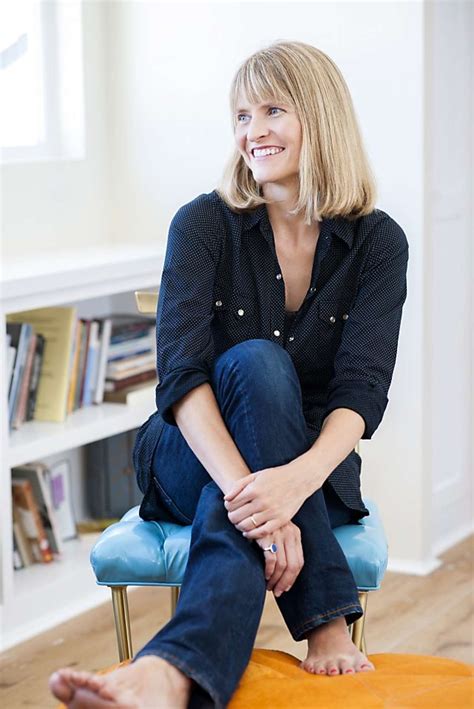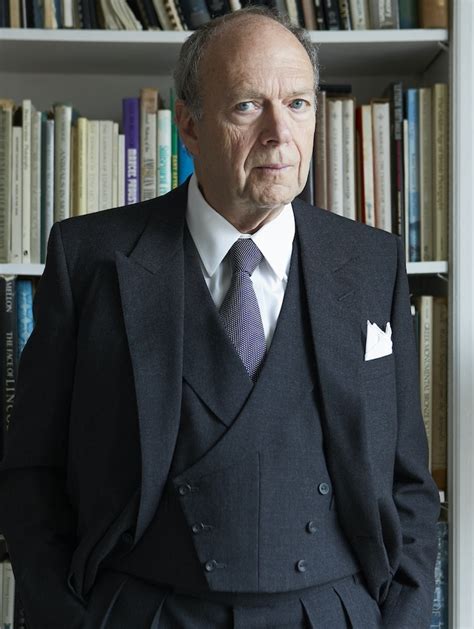A Quote by Matthea Harvey
I also like poems that are haunted by a structure or a narrative, or poems that frisk flirtatiously at the boundary of sense.
Related Quotes
I think that the casual reader and the lyric and confession are trickily tied up together. I mean often when I read my students' poems my first impulse is to say, "O, the subject of this pronoun, this 'I,' is whatever kid wrote this poem." The audience for lyric poems is "confessionalized" to some extent. And I think this audience tends to find long narrative poems, for instance, kind of bewildering.





































